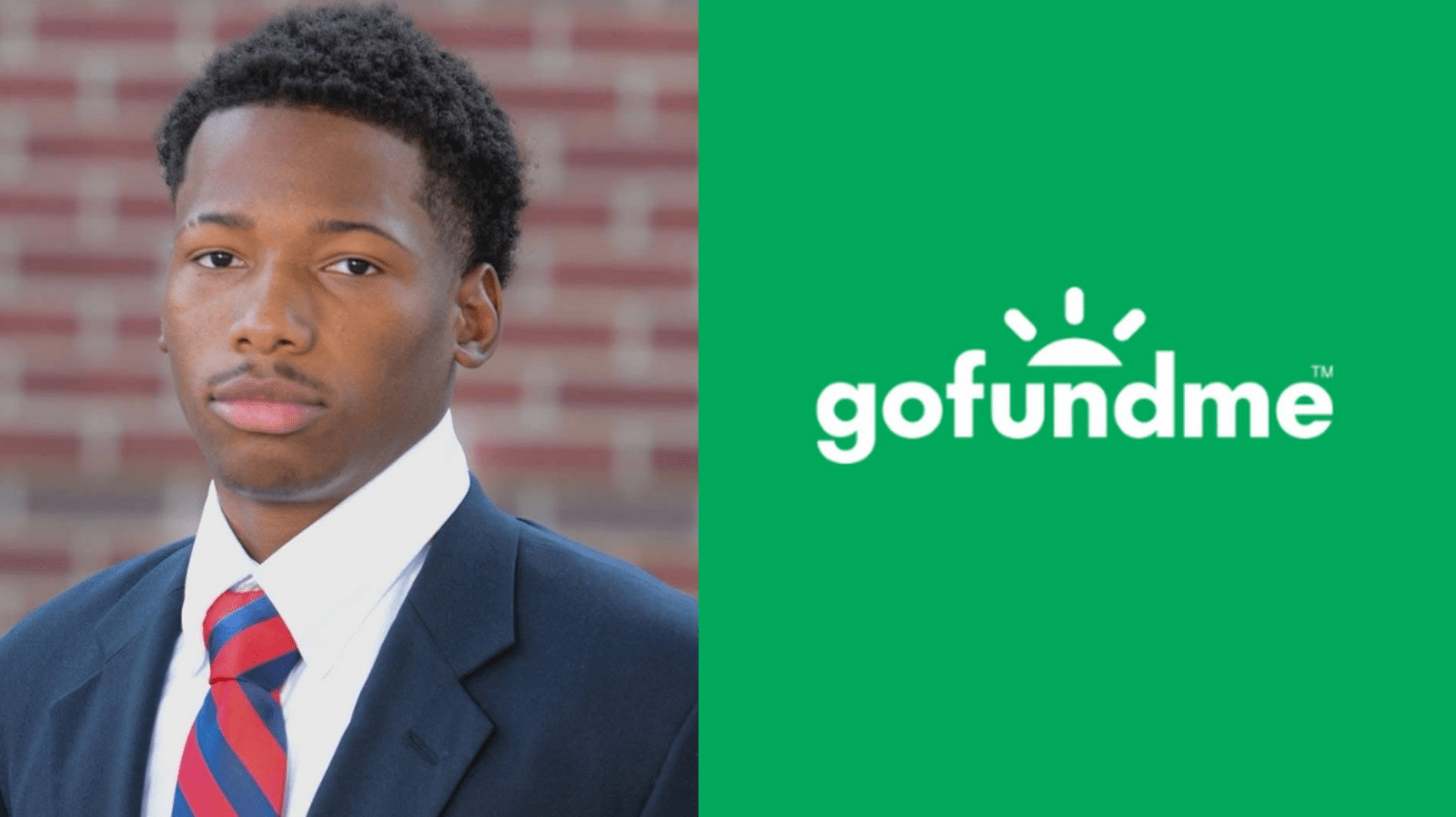Karmelo Anthony Gofundme Controversy: What's Happening?
Is it possible to turn tragedy into a financial windfall, especially when the accusations involve a fatal act? The case of Karmelo Anthony, the Texas teenager accused of murdering Austin Metcalf, has ignited a firestorm of debate, not just over the alleged crime, but over the ethical implications of the staggering sums raised in his defense.
The events unfolded with shocking swiftness at a high school track meet in Frisco, Texas, on April 1, 2025. A confrontation, reportedly sparked by a disagreement over a tent during the competition, escalated with deadly consequences. Austin Metcalf, a seventeen-year-old, was fatally stabbed, and Karmelo Anthony, also seventeen, was swiftly apprehended and charged with murder. The tragedy has sent shockwaves through the community, leaving two families irrevocably altered and a legal battle underway. However, what sets this case apart, and fuels the controversy, is the subsequent explosion of online fundraising efforts in support of Anthony.
Within days of the incident, multiple GoFundMe pages emerged, each vying to garner financial assistance for Anthony's legal defense. One, purportedly launched by Anthony himself, was quickly debunked as fraudulent. The surge of support online, however, was undeniable. Even as the narrative around the events became clear, the funds kept on pouring in. This wave of online generosity begs the question: Is it appropriate to financially support a defendant accused of such a serious crime, and if so, what are the ethical boundaries?
Here's a look at the individuals involved in the tragedy:
| Individual | Details | Reference |
|---|---|---|
| Karmelo Anthony | Accused of the murder of Austin Metcalf, involved in a fatal stabbing incident at a Frisco, Texas high school track meet. Faced a legal battle with multiple fundraising attempts to help with defense costs. | Example Website |
| Austin Metcalf | The victim of the fatal stabbing incident at a Frisco, Texas high school track meet. | Example Website |
| Andrew (Karmelo Anthony's Father) | Claimed that Karmelo wasn't the initial aggressor in the incident. | Example Website |
| Judge Angela Tucker | Lowered Karmelo Anthony's bond amount from $1 million to $250,000, enabling his release. | Example Website |
The fundraising efforts, primarily centered on GoFundMe and GiveSendGo platforms, were initially met with a mix of shock and criticism. GoFundMe, known for its stringent policies against supporting individuals charged with serious crimes, eventually removed the campaigns organized in support of Anthony. However, the funds continued to flow through alternative channels, particularly GiveSendGo, which has faced significant criticism for allowing the campaign to remain active.
The implications of this fundraising are far-reaching. As of Wednesday, a fundraiser for Anthony had amassed nearly $300,000. The question arises whether the family will be able to spend the funds, and the purposes to which they can be used. The situation has become more complex, with accusations of lavish purchases, further fueling the public backlash. Reports circulated that the Anthony family had used the funds to acquire luxury goods, including a new house and a luxury car. These rumors, if proven true, would only intensify the controversy surrounding the case and the ethics of online fundraising.
Meanwhile, the Metcalf family, grappling with unimaginable grief, also saw support emerge. A GoFundMe page set up in memory of Austin Metcalf did raise a certain amount, though details of the specific amount raised are hard to find.
The legal team representing Anthony expressed concern over the initial GoFundMe page claiming to be set up by Anthony. They directed supporters to a separate fundraiser launched by Anthony's family, and underscored the importance of accurate information and transparent giving.
The case raises critical questions. The primary focus has to be placed on the justice of the victims. The funds could have gone to multiple purposes. This has put a question mark on the ethical implications of providing such a high amount of financial support to someone accused of such a crime.
The emotional complexities of the situation cannot be understated. The anthony family has not only had to bear the brunt of the accusations, but they have also had to deal with reports of threats. The challenges surrounding this family, and the victim's family are quite complex and difficult.
The role of online platforms like GoFundMe and GiveSendGo is under intense scrutiny. GoFundMe, with its policy against supporting those charged with crimes, took decisive action. GiveSendGo, on the other hand, faced substantial criticism for not removing the campaign. This divergence in approaches highlights the need for clear, consistent policies on fundraising platforms, especially in cases involving allegations of violent crimes.
The legal proceedings continue, and the narrative surrounding the events is constantly evolving. The courtroom will be the final arbiter of justice, and the decisions made will undoubtedly have a profound impact on all parties involved.
The controversy surrounding Karmelo Anthony's case transcends the courtroom, touching on the very fabric of community values and the intersection of crime, social media, and financial support. It serves as a reminder that even in the digital age, humanity's response to tragedy is complex and often fraught with ethical dilemmas.


